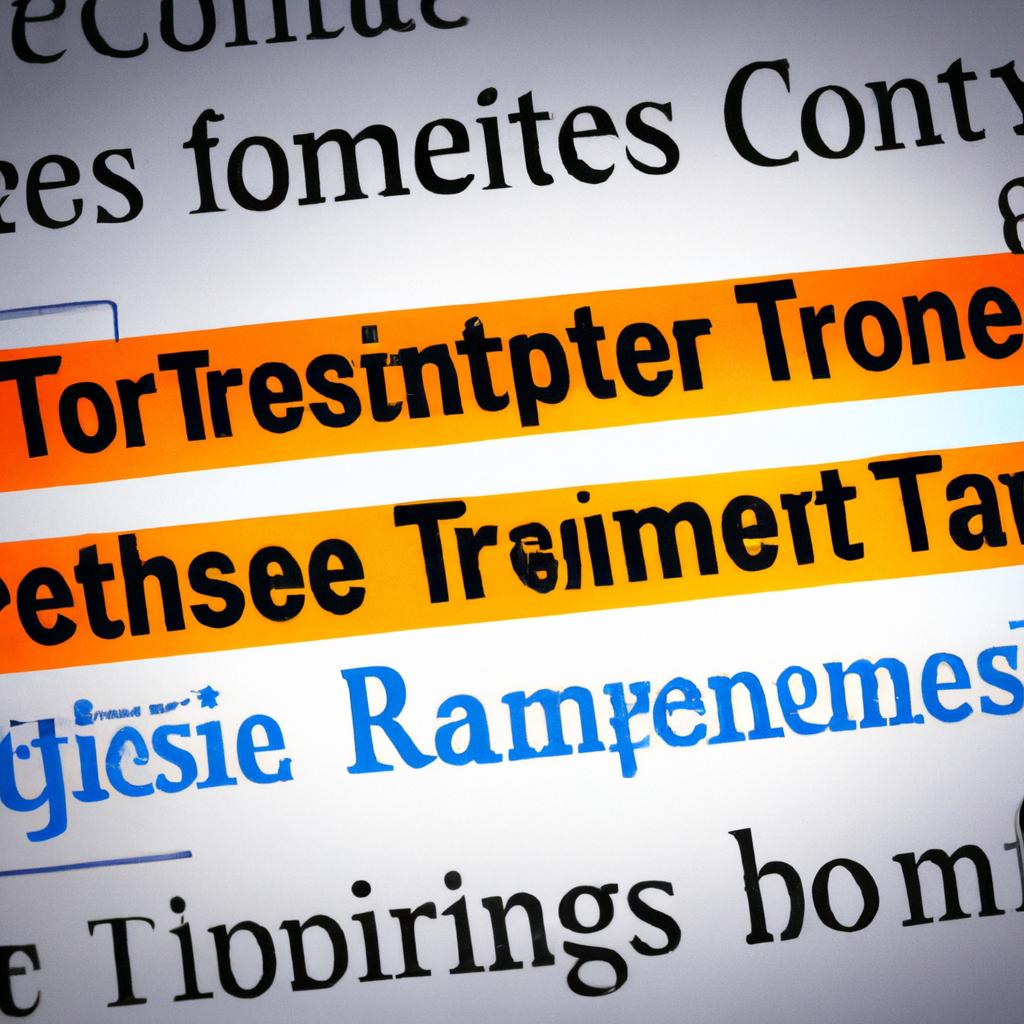Navigating the legal process of selling a car belonging to a deceased individual can be a complex and challenging task. As experienced attorneys at Morgan Legal Group in New York City, we have extensive knowledge in estate planning, probate, and elder law. In this article, we will provide a comprehensive guide on how to effectively sell a car of a deceased person while adhering to all legal requirements and ensuring a smooth transition of ownership.
Understanding the Legal Process for Selling a Deceased Person’s Car
When it comes to , there are several important steps that need to be taken to ensure a smooth and legally sound transaction. One of the first things that must be done is to determine who has the legal authority to sell the vehicle. This usually falls to the executor of the deceased person’s estate, who must obtain a court order granting them this authority.
Once the executor has been granted the authority to sell the car, they must then take the necessary steps to transfer ownership of the vehicle to the new buyer. This includes obtaining a death certificate, transferring the title of the car, and settling any outstanding debts or taxes related to the vehicle. It is important to consult with a knowledgeable attorney throughout this process to ensure that all legal requirements are met.

Navigating Title Transfer and Ownership Issues After Death
Navigating title transfer and ownership issues after the death of a loved one can be a complex and emotional process. When it comes to selling a car that belonged to a deceased person, there are specific steps that need to be followed to ensure a smooth transfer of ownership.
First and foremost, it is important to determine who has legal authority to sell the vehicle. This may depend on whether the deceased had a will or trust in place, or if the estate is subject to probate. Once the appropriate individual has been identified, the following steps can be taken:
- Obtain a death certificate.
- Locate the vehicle title and determine if it is in the deceased person’s name only or jointly with another individual.
- Contact the Department of Motor Vehicles to understand their specific requirements for transferring ownership of a vehicle from a deceased person.
- Complete any necessary paperwork to transfer the title into the new owner’s name. This may involve submitting a copy of the death certificate, executor’s letter of authority, and any other relevant documents.
In some cases, it may be necessary to consult with an attorney who specializes in estate planning and probate to ensure that all legal requirements are met. By following these steps and seeking professional guidance when needed, you can navigate the process of selling a car that belonged to a deceased person with confidence and peace of mind.
Considerations for Selling a Deceased Person’s Car in New York
When selling a deceased person’s car in New York, there are several important considerations to keep in mind. First and foremost, it is crucial to determine who has legal authority to sell the vehicle. This may involve obtaining a court order or other legal documentation, such as letters testamentary or letters of administration.
Additionally, it is important to consider any outstanding debts or obligations associated with the vehicle, such as loans or liens. It is essential to settle these obligations before transferring ownership of the car. Finally, it is recommended to consult with a legal professional, such as an estate planning attorney, to ensure that the sale of the deceased person’s car is conducted in compliance with New York state laws and regulations.

Ensuring Compliance with Estate Laws and Regulations when Selling a Deceased Person’s Car
Selling a deceased person’s car can be a complex process that requires careful attention to estate laws and regulations. It is important to ensure compliance with these laws to avoid any legal issues that may arise during the sale of the vehicle. Here are some key steps to take when selling a deceased person’s car:
- Determine the Executor of the Estate: Before selling the car, it is important to determine who has the legal authority to handle the deceased person’s assets. The executor of the estate is responsible for managing the sale of the car and distributing the proceeds to the beneficiaries.
- Obtain the Necessary Documents: Before selling the car, you will need to gather important documents such as the death certificate, the deceased person’s Will, and any other legal documents related to the estate. These documents will help to establish your legal right to sell the car and ensure compliance with estate laws and regulations.
| Important Documents |
|---|
| – Death Certificate |
| – Will |
| – Legal Documents |
| A: Selling a car of a deceased person can be a complicated process, but with the right steps, it can be done smoothly. |
Q: What documents do I need to sell the car?
A: You will typically need the death certificate of the deceased person, the vehicle title, and a letter of testamentary or administration from the court appointing you as the executor of the estate.
Q: Can I sell the car if there is a loan on it?
A: If there is a loan on the car, you will need to pay off the loan before selling the car. You may need to work with the lender to handle this process.
Q: How do I determine the value of the car?
A: It’s a good idea to research the market value of the car by checking online resources and consulting with a professional appraiser.
Q: What is the best way to sell the car?
A: You can sell the car privately, through a dealership, or through an online marketplace. Consider the pros and cons of each option before making a decision.
Q: How can I transfer the title to the new owner?
A: To transfer the title to the new owner, you will need to sign the title over to them and submit the necessary paperwork to the Department of Motor Vehicles.
Q: Is it necessary to notify the insurance company?
A: Yes, it is important to notify the insurance company that the owner of the car has passed away and that you are selling the vehicle. They will be able to guide you on the necessary steps to take.
In Conclusion
Selling a car that belonged to a deceased loved one can be a difficult and emotional process. However, by following the steps outlined in this article, you can navigate through the legal and logistical aspects of selling a car with greater ease.
Remember to take the time you need to grieve and seek support from friends and family during this time. And always ensure that you properly handle the paperwork and transfer of ownership to avoid any unnecessary complications down the road.
By taking the necessary steps and approaching the process with care and consideration, you can successfully sell the car of a deceased person and move forward with peace of mind.
 Lastly, please avoid plagiarism and use credible sources to support your points.
Lastly, please avoid plagiarism and use credible sources to support your points.
Selling a car can be a daunting task, especially when it belonged to a deceased loved one. Not only can the emotional weight be overwhelming, but navigating the legal and practical steps involved can be overwhelming as well. However, selling a car of a deceased person is not an impossible task. With proper understanding and guidance, you can successfully sell the car and ensure a smooth and hassle-free process. In this article, we will discuss the steps involved in selling a car of a deceased person, the documents required, and some valuable tips to make the process easier.
Before we dive into the specifics, it’s essential to understand that the process of selling a car of a deceased person may vary depending on the state and circumstances. Therefore, it’s crucial to consult with a legal professional and follow the specific guidelines in your state. Additionally, make sure to gather all necessary documents before proceeding with the sale.
Step 1: Establish ownership
The first step in selling a car that belonged to a deceased person is to establish ownership. If the car was solely owned by the deceased, the death certificate will serve as proof of ownership. However, if the car was jointly owned by the deceased and another individual, ownership will pass on to the co-owner. In such cases, the co-owner would have the right to sell the car without the need for additional legal procedures.
Step 2: Determine the selling method
Once ownership is established, the next step is to decide how you want to sell the car. You have the option to sell the car privately or sell it to a dealership. Each method has its advantages and drawbacks, so it’s crucial to consider your circumstances before deciding. If you decide to sell privately, it’s essential to price the car competitively and advertise effectively to attract potential buyers.
Step 3: Gather necessary documents
Regardless of the selling method, there are some essential documents you must have to sell a car of a deceased person. These include the car’s title, death certificate, and a power of attorney document that grants you the authority to sell the car on behalf of the deceased. It’s also essential to have a signed consent form from all heirs, granting you permission to sell the car.
Step 4: Transfer the title
To transfer the car’s title, you would need to follow the specific process in your state. In general, you would need to complete the back of the title and sign it as both the seller and the seller’s representative. Additionally, make sure to have the buyer’s information filled out on the title to avoid any delays in the transfer process.
Step 5: Settlement of outstanding loans
Suppose the car has any outstanding loans, and the deceased was the sole owner. In that case, it’s essential to contact the lender and inform them of the situation. The lender will then guide you on the necessary steps to settle the outstanding loan and release the car’s title. If the car was jointly owned, the co-owner would be responsible for settling the outstanding loan.
Step 6: Consider tax implications
Selling a car of a deceased person may also have tax implications, depending on the state’s laws and the car’s value. Generally, the sale of a car would be considered a taxable transaction, and the heirs would have to pay a portion of the sale’s proceeds as taxes. It’s crucial to consult with a tax professional or an estate lawyer to understand the tax implications in your case and plan accordingly.
Tips for selling a car of a deceased person:
– Research the worth of the car before setting a price to ensure an accurate and fair assessment.
– Advertise effectively by using online platforms, social media, or even local classifieds.
– Be transparent and honest with potential buyers about the car’s ownership and any other relevant details.
– Ensure all necessary paperwork is completed accurately to avoid any delays or complications in the sale.
– Consider seeking the assistance of a dealership that specializes in buying cars from estates.
– Inform the insurance company and cancel the insurance on the car once the sale is complete.
Selling a car of a deceased person may seem like a daunting task, but with proper understanding and guidance, you can simplify the process and ensure a successful sale. Remember to consult with legal professionals, gather all necessary documents, and consider the tips mentioned above to make the process easier and more manageable. And most importantly, allow yourself time to grieve and process the loss of your loved one while handling the practical aspects of selling their car.

